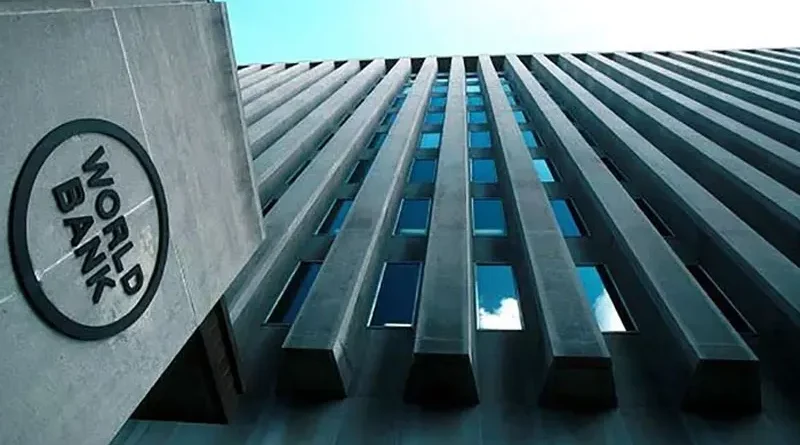World Bank takes back suggestion to tax individuals earning less than Rs50,000
ISLAMABAD: The World Bank has withdrawn its recommendation of bringing individuals earning below Rs50,000 into the tax net, stating that its suggestion was based on 2019 data.
The WB clarification comes as, according to the Federal Board of Revenue (FBR) sources, the salaried class surpassed exporters and the real-estate sector in paying taxes in the last three months.
“The World Bank certainly does not recommend any reduction in the current nominal threshold, and how it was framed above may have indeed been misleading,” the spokesperson added.
The global lender said its suggestion was based on 2019 data, which needs to be updated according to the recent spike in inflation rate and labour market conditions to protect low-income groups.
“Previous analysis included in the Public Expenditure Review using 2019 data suggested that a reformed income tax structure could include a lower exemption threshold for salaried individuals, but this analysis would need to be updated to take account of recent inflation and labour market changes to make sure low incomes are not affected,” according to the WB.
It further said that the recommendation in the Pakistan Development Update (PDU) should have been clearer on the need for new analysis needed on more recent data to inform this reform.
The Washington-based lender further said it recommended comprehensive tax reforms to make the overall system more progressive and increase the tax burden on wealthy individuals.
Under the reforms, the WB said suggested reducing subsidies, closing regressive tax exemptions, and increasing taxation of high-income individuals.
The lender also suggested improving taxation of agriculture, property, and retail sectors.
“Appropriate changes to tax thresholds should be assessed based on new survey data and designed to protect low incomes,” the WB statement added.
The World Bank suggestion had sparked concerns among salaried class earning Rs50,000 or less — currently exempted from any direct tax — as they are already reeling from skyrocketing inflation and rising cost of living.

